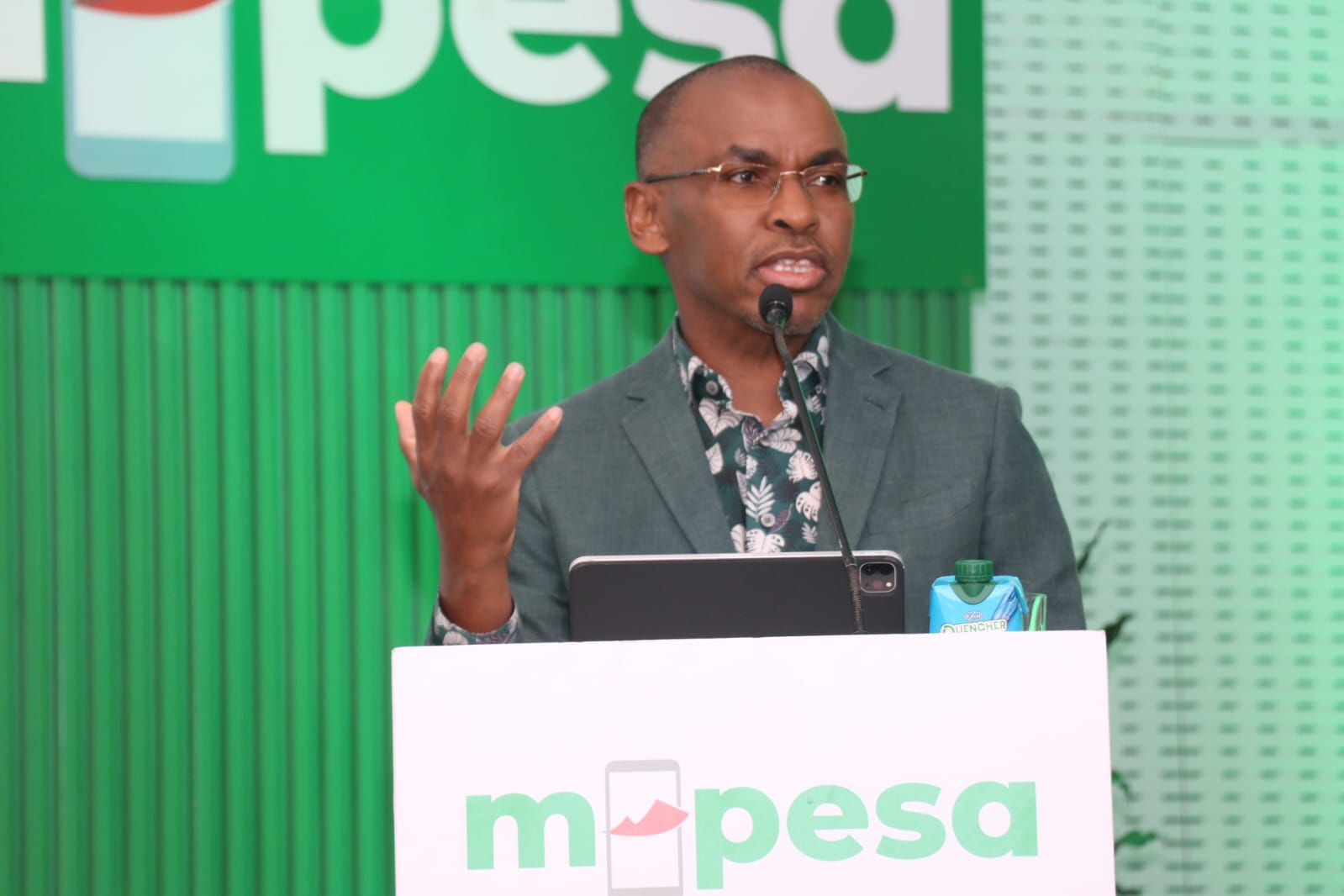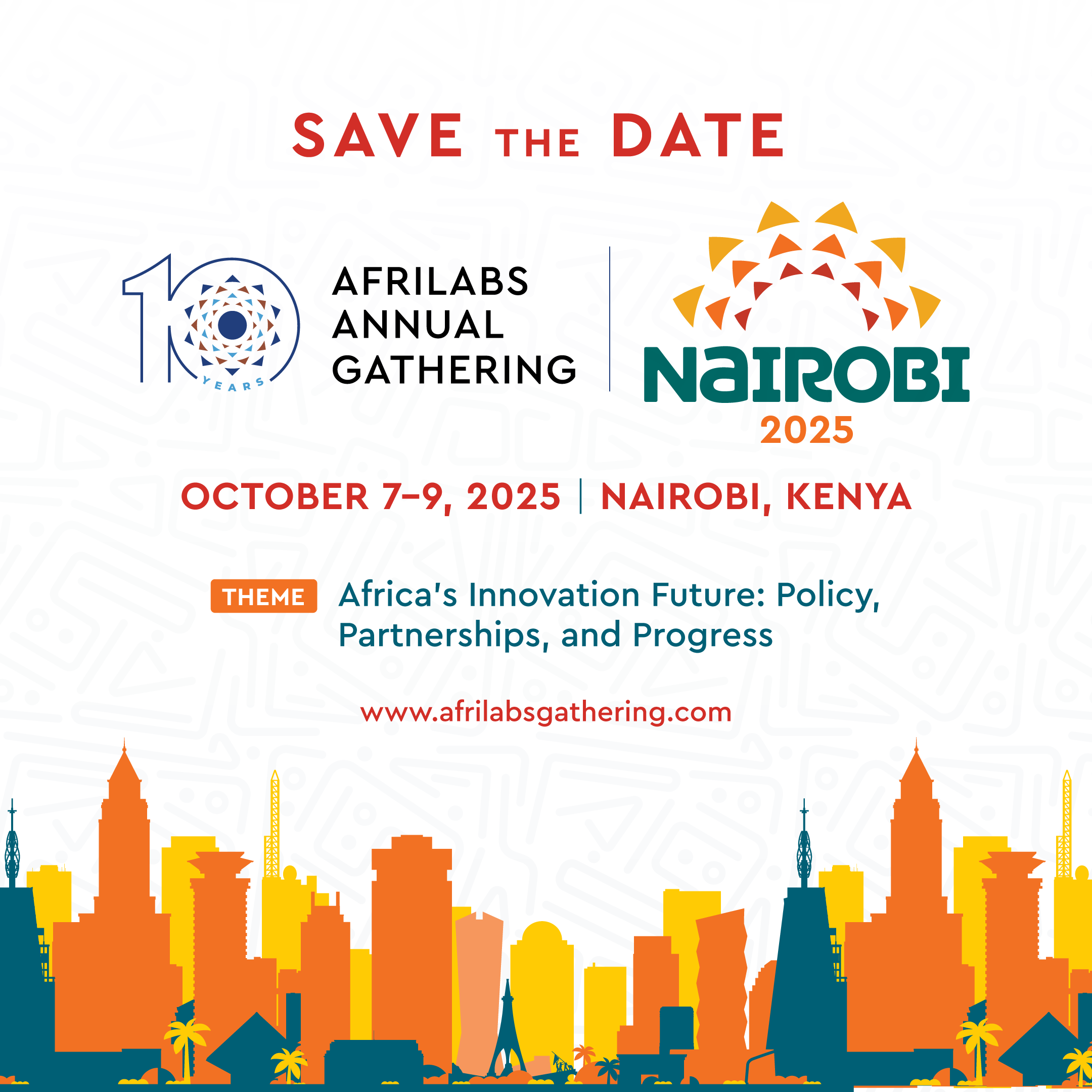- 👨🏿🚀TC Daily
- Posts
- Safaricom’s $309 million bet
Safaricom’s $309 million bet
Inside: Five Kenyan banks reject loan rates cut.


Howdy. ☀️️️
Yesterday, millions of Nigerians woke up to a digital blackout: MTN, the country’s largest telecom operator, went dark, leaving subscribers stranded. The disruption, which started Monday night and stretched into Tuesday, didn’t just kill memes and doomscrolling; it froze businesses, banking, and the daily hustle for millions.
As for me? I got a taste of fleeting internet fame when my tweet quoting a Nigerian singer’s raunchiest lyrics hit nearly a million eyeballs. So if you spot me today, feel free to call me “one-time banger boy,” but don’t ask me to retweet your complaints.
Want the inside scoop on how outages like this ripple through Nigeria’s digital economy? Or just want to vent about your own MTN horror story? Ask away.
– Faith

Government
Tanzania’s big digital detox: 80,000 online platforms get flushed

Around Tanzania, parents clutch their pearls at the amount of unethical content their children may have been exposed to.
Over 80,000 online platforms, including blogs, websites, and social media accounts, have been shut down in Tanzania after its communications regulatory authority—Tanzania Communications Regulatory Authority (TCRA)—identified their content as a risk to children’s mental health.
Not its first rodeo: Before now, Tanzania has always stood on business in matters concerning published online content. In 2017, the country’s parliament passed the Electronic and Postal Communications Regulations (amended in 2020) that criminalised indecent, hateful, and disruptive content. This policy also mandated that content creators had to obtain a licence in order to publish content or face consequences including prison time, a fine, or both.
Last year, Tanzania suspended the digital unit of its biggest media house, Mwananchi Communications, over an animated video that depicted a woman—who is ostensibly the nation’s president—flipping through television channels of family members searching for missing loved ones.
Critics say that the government is hiding behind child protection for a wider crackdown on dissent and freedom of speech.
This crackdown raises more questions than it did answers: What qualifies as harmful content, and who makes the call? How were these websites flagged? How was this decision reviewed? Were shutdown creators warned? Why did the parliament ignore the penal measures stated in its online content regulatory policy? Can licenced platforms appeal this takedown? How did the regulatory authority grant licences to so many questionable platforms?
Answers, when they come, will come from Tanzania’s parliament. Until then, it's anyone's guess.
Seamless Global Payments With Fincra.

Issue accounts in NGN, KES, EUR, USD & more with one integration. Send & receive funds seamlessly across borders; no more banking hassles or complex conversions. Create an account for free & go global today.
Banking
Five Kenyan banks refuse to cut their loan rates as disagreement with CBK escalates

The Central Bank of Kenya (CBK) is still not having a great time getting commercial banks in the country to cooperate.
Since August 2024, the CBK has been pleading with banks to reduce their lending interest rates so Kenyans can get cheaper loans. To show commitment, the regulator has even cut its own benchmark rate (CBR) five times in a row—yet, banks say “Nope!”
Five banks—Access Bank Kenya, ABC Bank, DIB Bank Kenya, Kingdom Bank, and Guardian Bank Limited—refused to lower their lending rates in April 2025, citing the high rate of loan defaults among Kenyans. Banks say it's too risky to reduce interest rates because they need the buffer to cover losses on those defaults.
ICYMI: Kenya’s economy grew just 4.7% in 2024, missing the 5.7% forecast made a year earlier. Poor performance in the informal sector, manufacturing, and agriculture didn’t help. Kenyans are struggling to access cheap credit, slowing business growth.
The lack of credit sustainability is holding back business expansion, dragging down the broader economy. At the same time, Kenya faced public protests over a controversial Finance Bill that would’ve introduced more taxes.
The CBK wants to fix this. It believes cheaper loans will improve business activity, which in turn grows the tax base. That’s why it keeps lowering its rate, hoping banks follow suit. But only a few have complied, even with the threat of fines from the regulator.
Yet, banks are also stuck. As of December 2024, loan defaults stood at 16%. Lending in a shaky economy is risky, and banks need higher interest rates to protect themselves from losses.
Currently, the CBK’s benchmark rate is 10.00%, while banks’ average lending rate improved slightly to 15.77% in March. Citibank had the lowest rate at 11.14%, but most others stayed well above the average.
The standoff between the CBK and the banks is like the proverbial tale of the two goats meeting on a narrow bridge—both standing their ground, neither willing to yield. In the end, they'll keep locking horns until one of them falls over.
Power Your Business With Paga Engine

Join 100+ businesses already building smarter with Paga Engine. Get started today.
Companies
Why Safaricom is spending $309 million annually to future-proof M-Pesa

“Only the paranoid survive.” – Andrew S. Grove, former Intel CEO.
That’s the way Silicon Valley operates. If you doubt us, sit down and investigate why Silicon Valley CEOs stalk each other’s moves like chess grandmasters. Think Elon Musk vs. Sam Altman and their OpenAI bicker. It’s not personal—it’s survival. That same paranoia is seeping into the way some African companies operate.
Safaricom is one of them. After nearly two decades, how has M-Pesa, its mobile money heavy-weight, stayed relevant in mobile payments?
The answer is paranoia, which births innovation. Safaricom is pumping $309 million annually into M-Pesa, its largest revenue-maker, to open up its super tech infrastructure to Kenyan builders.
It has had to review its principles on how it builds its technology, essentially cannibalising itself. In 2017, for example, Safaricom’s chairman, Nicholas Ng’ang’a, told regulators they should not punish the company for “its success” after being encouraged to share its infrastructure with rivals.
Today, however, Safaricom has walked back on that ideology. Fintechs, conceding that mobile money payments are still second nature to most Kenyans, have mostly tried to build around M-Pesa's tech—like PrivPay, which shut down in 2024.
Cloud-native. API-first. Plug-and-play. Not because it wants to give up ground, but because the more connected M-Pesa becomes, the harder it is to replace. This new infrastructure is designed to be the pipes behind Kenya’s entire payments system—connecting banks, fintechs, SACCOs, card payments, and rival wallets into one interoperable network.
If a taxi driver gets paid from a bank app, or a vendor uses a SACCO wallet to buy inventory, M-Pesa can still be in the loop—quietly handling the rails, silently earning. Rivals may grow, but only inside a system Safaricom now quietly owns.
It's anybody's guess whether in ten years, mobile money payments will become less popular than they are now in Kenya. But Safaricom and M-Pesa aren't sticking around to find out. With M-Pesa 2.0, they're building the rails to future-proof their payments play.
Never miss an update from Paystack

Subscribe to Paystack for a curated dose of product updates, insights, event invites and more. Subscribe here →
CRYPTO TRACKER
The World Wide Web3
Source:

Coin Name | Current Value | Day | Month |
|---|---|---|---|
| $96,429 | + 2.18% | + 24.77% | |
| $1,828 | + 1.47% | + 17.75% | |
| $0.2612 | + 42.51% | + 566.88% | |
| $145.98 | + 0.88% | + 42.41% |
* Data as of 06.30 AM WAT, May 7, 2025.
Post Jobs on Jobberman for Free!

Hiring just got easier! Post your jobs on Jobberman for FREE and connect with 3 million+ qualified candidates. No fees, no stress - just smart, seamless recruitment. Start here.
Opportunities
- Village Capital is offering early-stage startups in Africa the chance to join its Greentech Africa 2025 accelerator. The programme supports climate tech ventures building solutions in energy access, sustainable agriculture, circular economy, and related sectors. Selected startups will receive mentorship, investor connections, and capacity-building support. The programme is open to founders based in Africa with market-validated solutions tackling climate challenges. Apply here.
- AfriLabs Annual Gathering 2025 lands in Nairobi, October 7–9, spotlighting Africa’s innovation future through policy, partnerships, and progress. Be part of the discussion here.


Written by: Opeyemi Kareem and Emmanuel Nwosu
Edited by: Faith Omoniyi
Want more of TechCabal?
Sign up for our insightful newsletters on the business and economy of tech in Africa.
- The Next Wave: futuristic analysis of the business of tech in Africa.
- TC Scoops: breaking news from TechCabal
P:S If you’re often missing TC Daily in your inbox, check your Promotions folder and move any edition of TC Daily from “Promotions” to your “Main” or “Primary” folder and TC Daily will always come to you.

How did you find today's edition of #TCDaily? |


